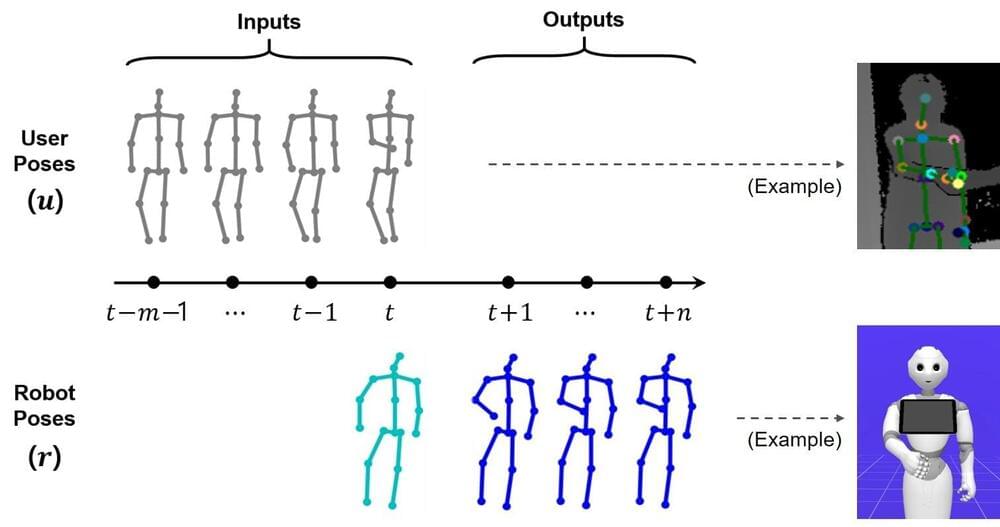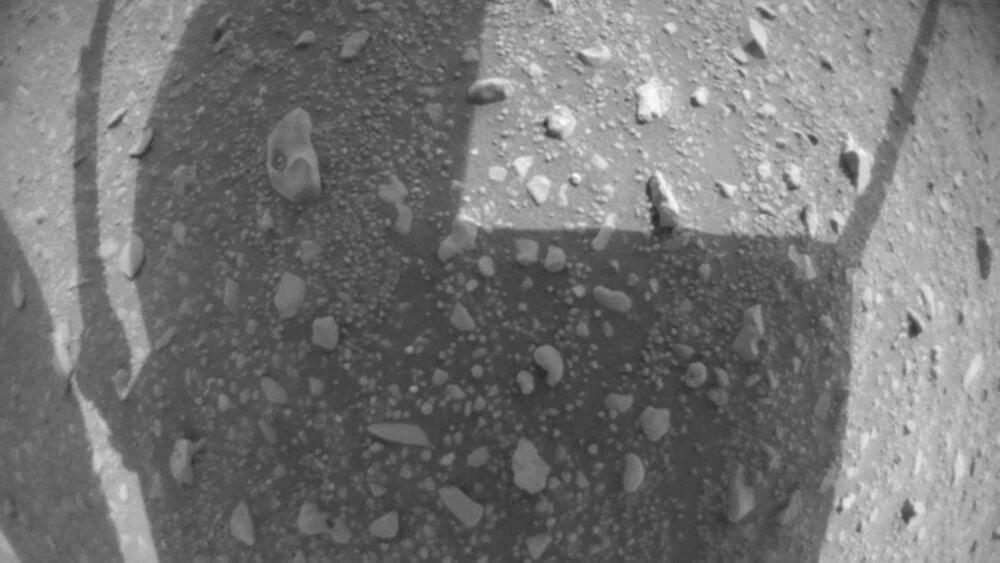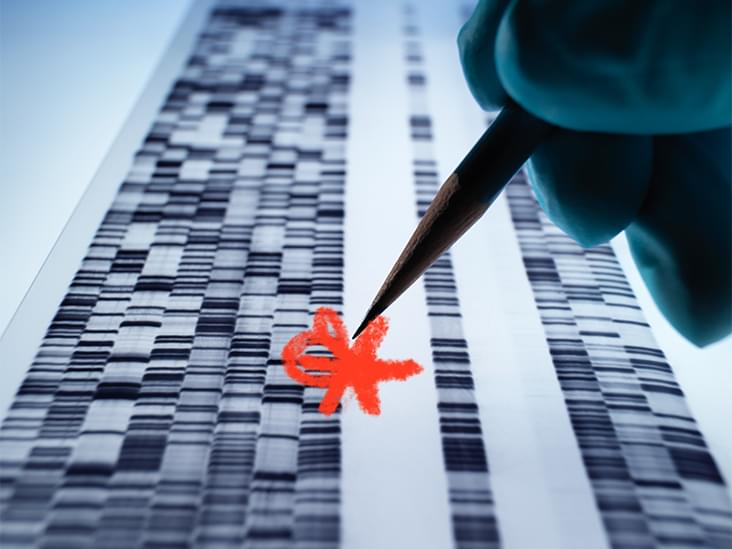Dr. Egbert Edelbroek, Ph.D. is the CEO & Founder of SpaceBorn United (https://spacebornunited.com/), a research and mission design company focused on researching optimal conditions for human reproduction in space, with a focus on novel assisted reproductive technologies.
Dr. Edelbroek is passionate about accelerating space life science research, helping humanity to become a multi-planetary species. His interest in space exploration accelerated shortly after he became a sperm donor in 2010 and when learned all about assisted reproductive technologies. This inspired him to explore options to re-engineer existing IVF technology for application in space.
Dr. Edelbroek earned his Ph.D. studying courage development in organizations from Radboud University, a Master’s degreein neuro-linguistic programming & coaching from IEP Nijmegen, and a Master’s degree in organizational sciences from Tilburg University.
Dr. Edelbroek enjoys innovating and exploring boundaries by connecting domains and experts that usually remain separated in order to expand the human comfort zone.







